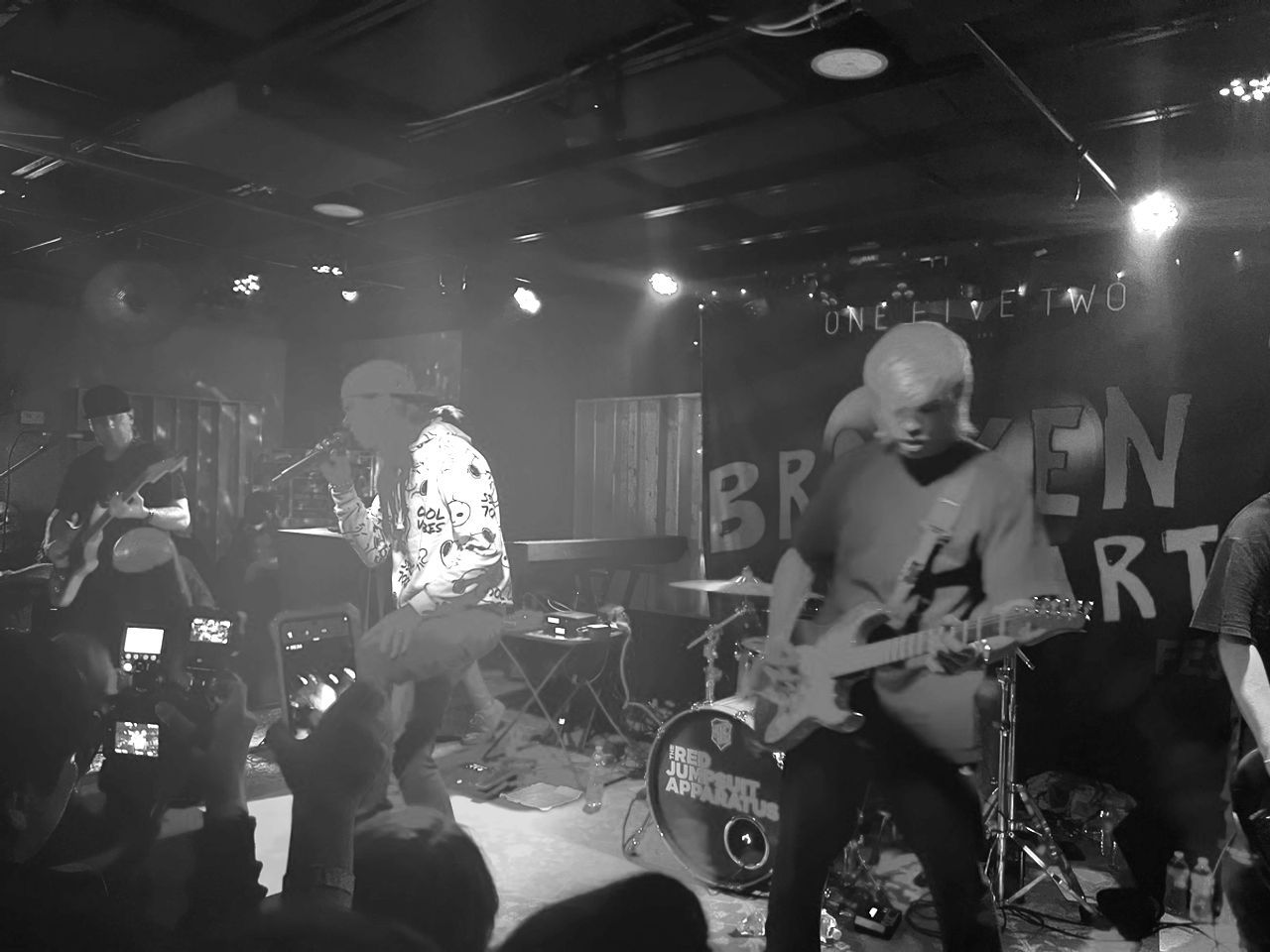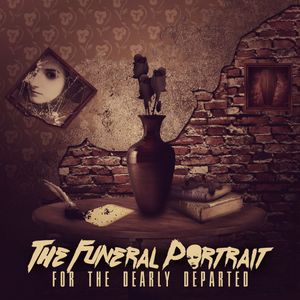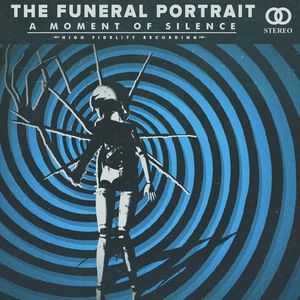

The Funeral Portrait
Unverified
Follow Your Favorite Band Today!
Be the first one to follow The Funeral Portrait!
Top The Funeral Portrait Community Posts
Loading posts...
Loading....
Loading....
Loading....
Loading....
Story of The Funeral Portrait
Hailing from Atlanta, Georgia, The Funeral Portrait emerged onto the American rock scene in 2015. Their music, a captivating fusion of alternative metalcore, post-hardcore, and pop punk, sets them apart. Critics have lauded their sound, often comparing it to a potent blend of My Chemical Romance and A Day to Remember, highlighting the band's ability to seamlessly weave these diverse influences into a distinctive and engaging musical tapestry.
Loading....
Frequently Asked Questions
Bands you may like
More Alternative Metal Bands
Discover more bands in the Alternative Metal genre and explore the diverse sounds that define this musical style.
Browse All Alternative Metal BandsMore Bands from United States
Discover the rich musical heritage of United States and explore bands that represent the country's unique sound and culture.
Browse All United States Bands

